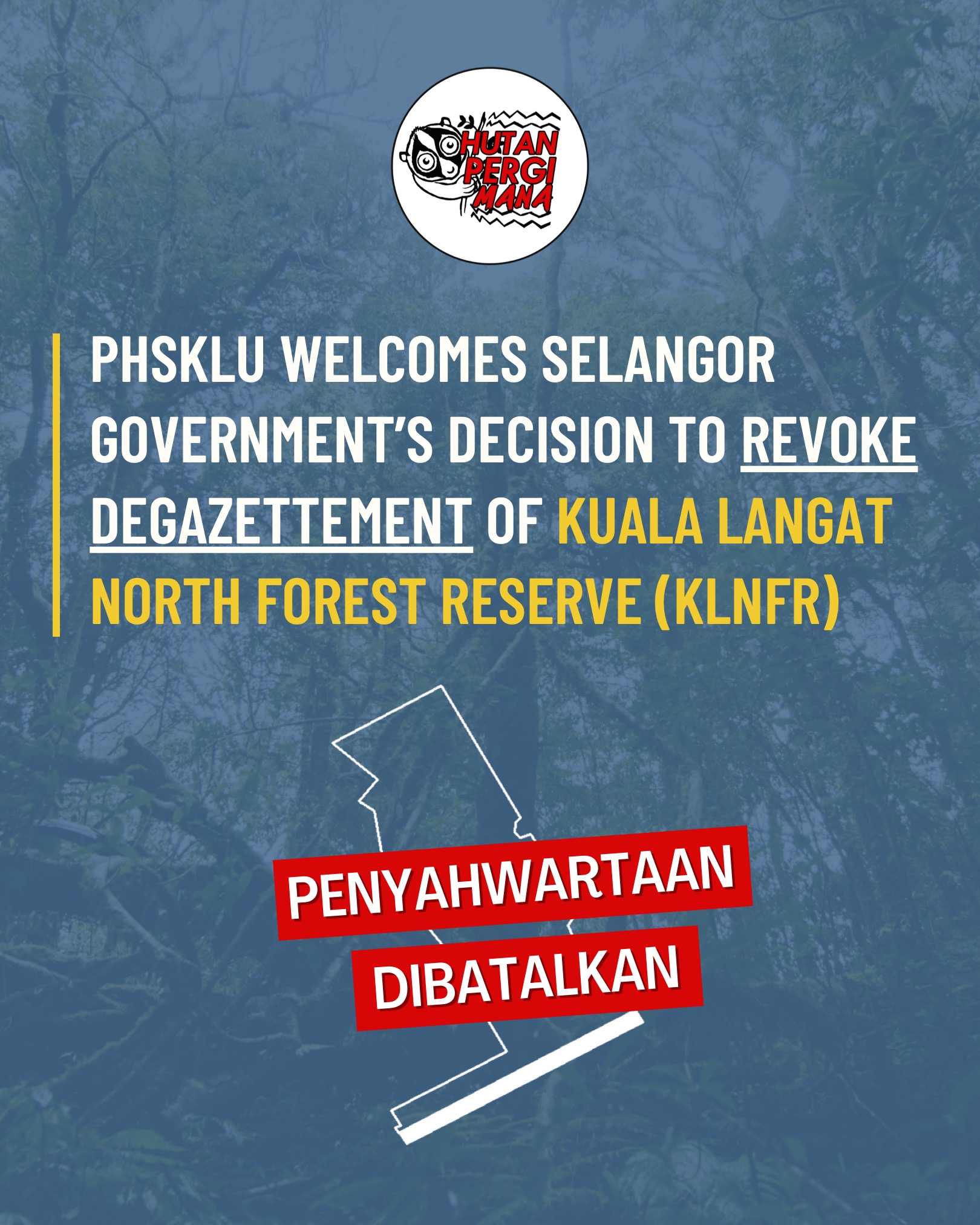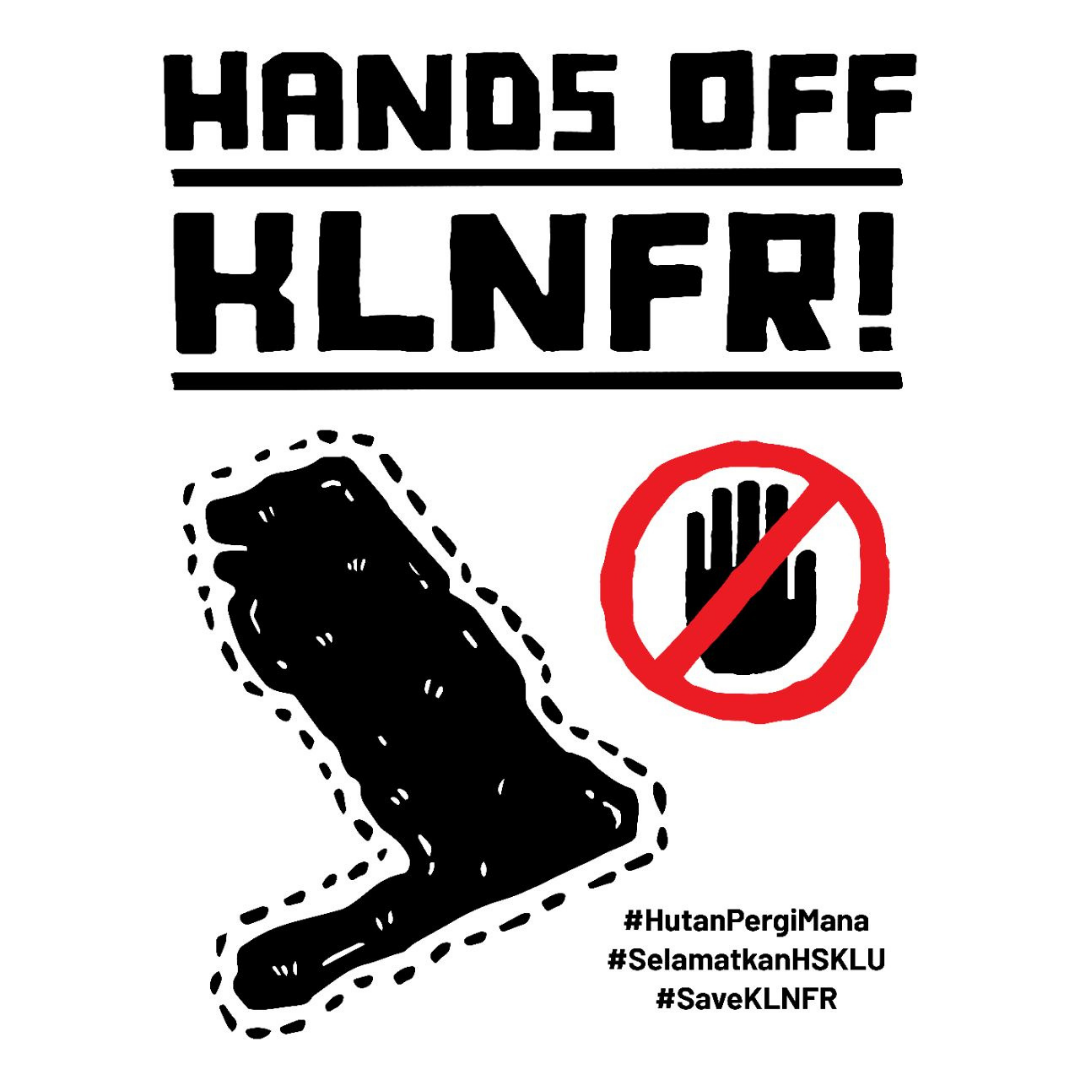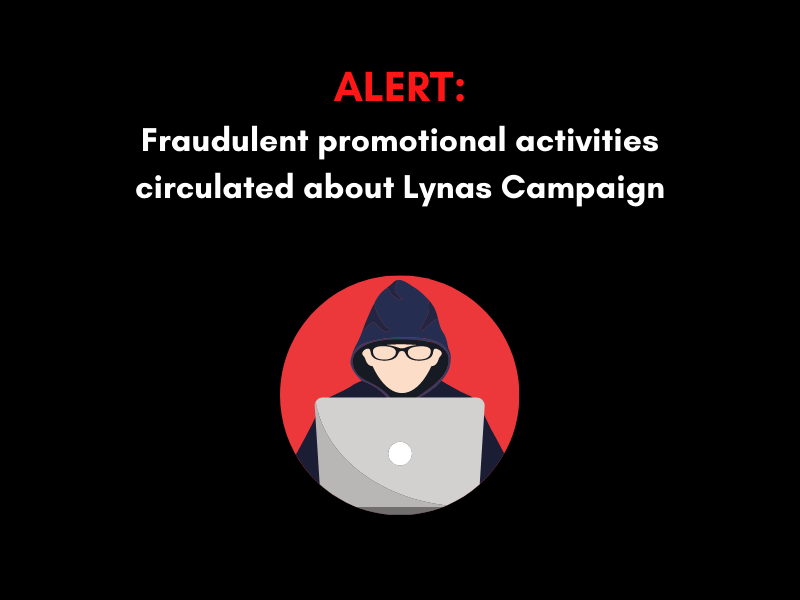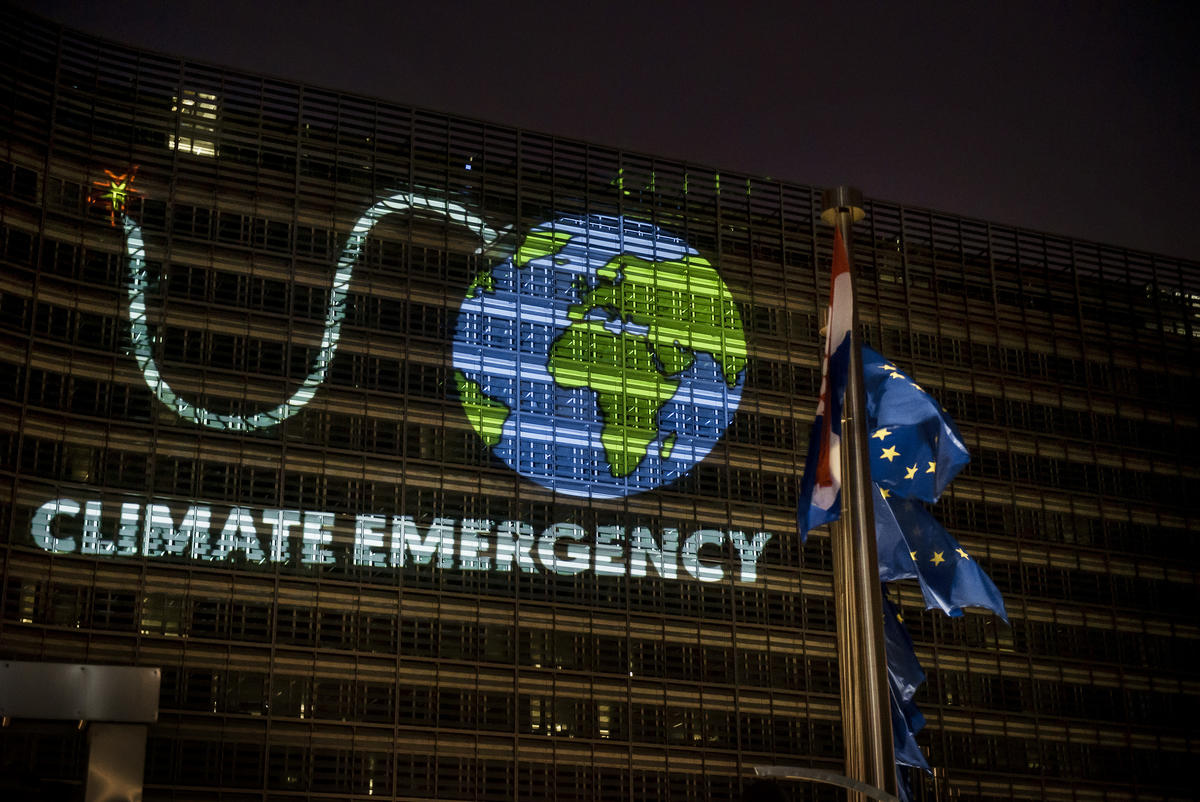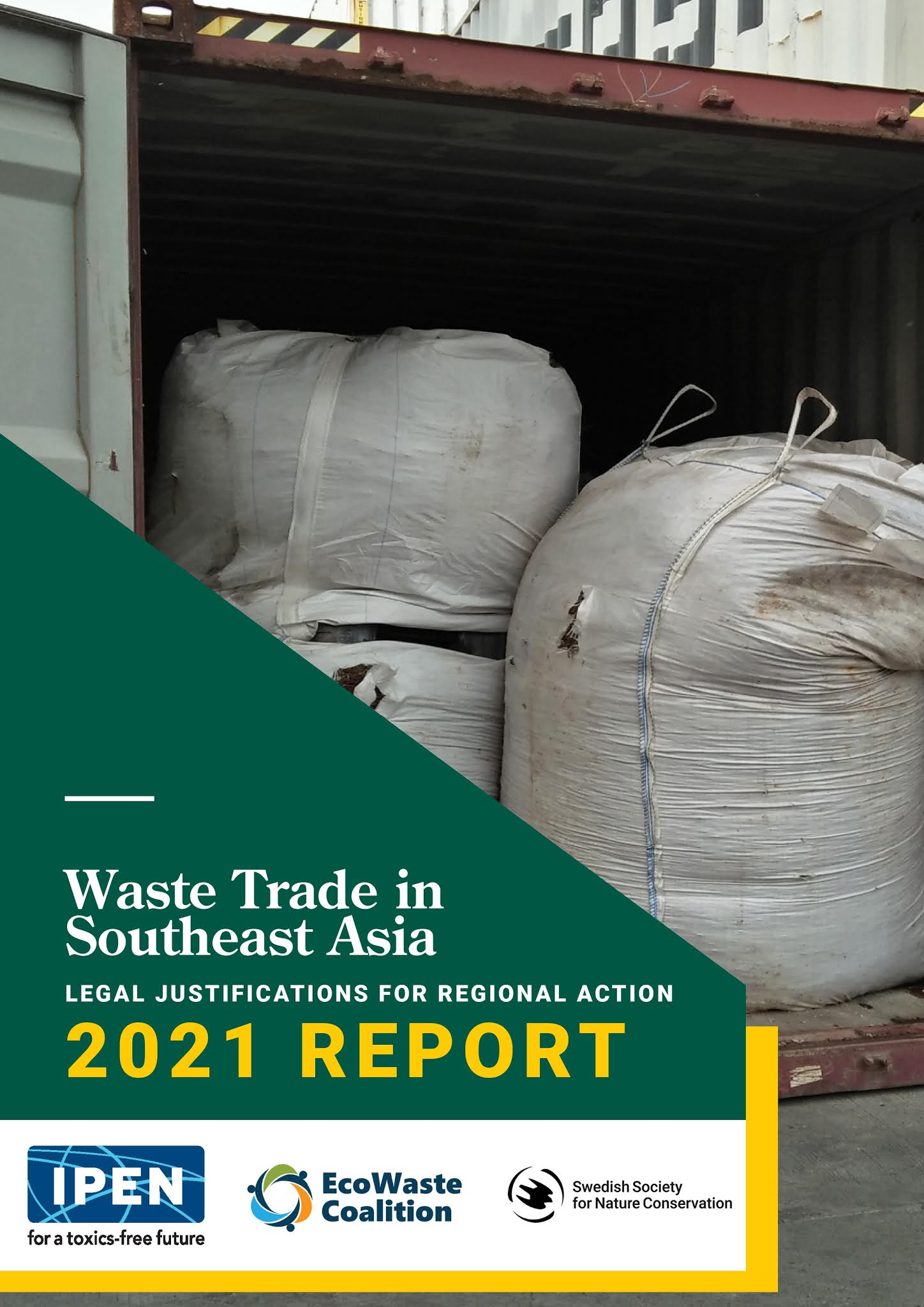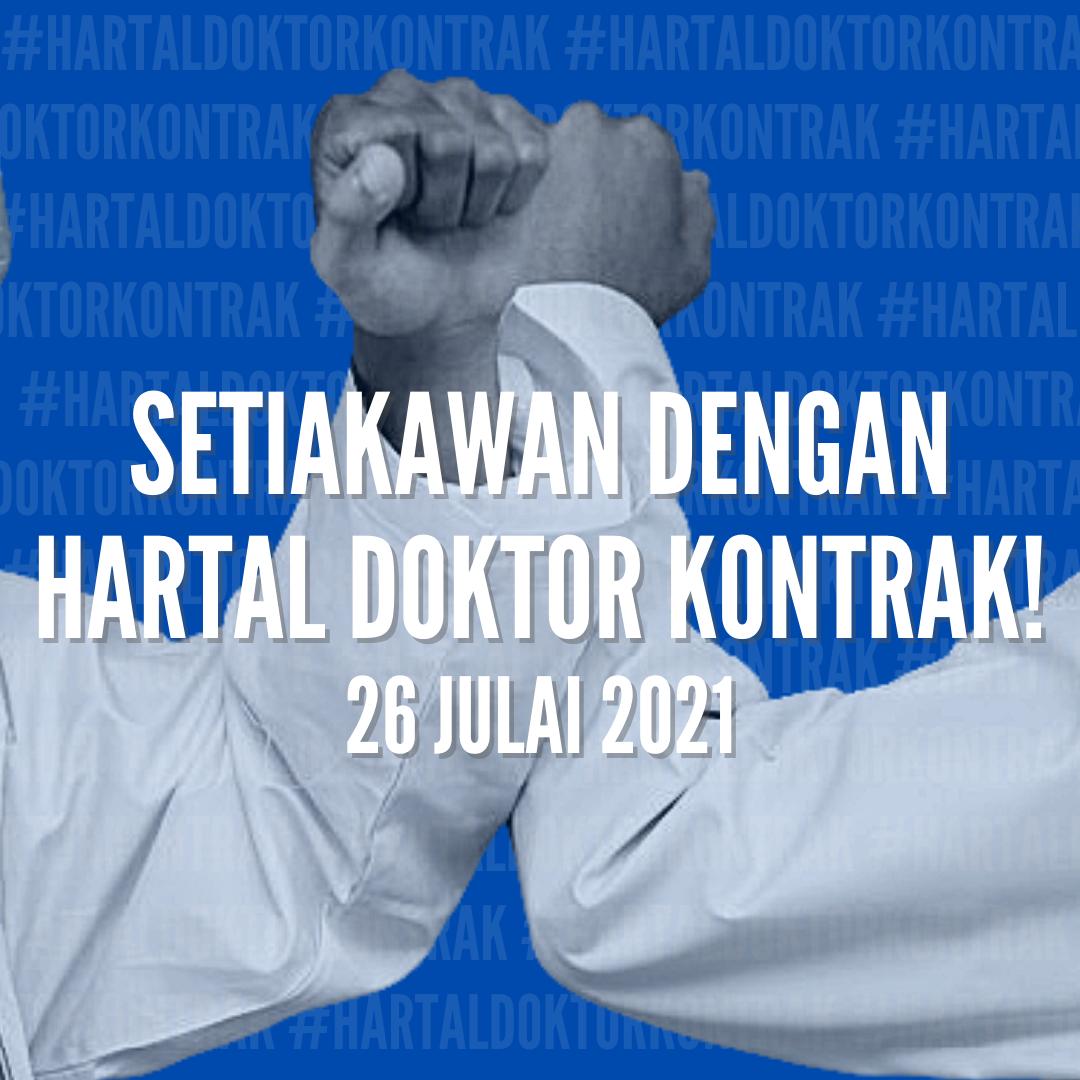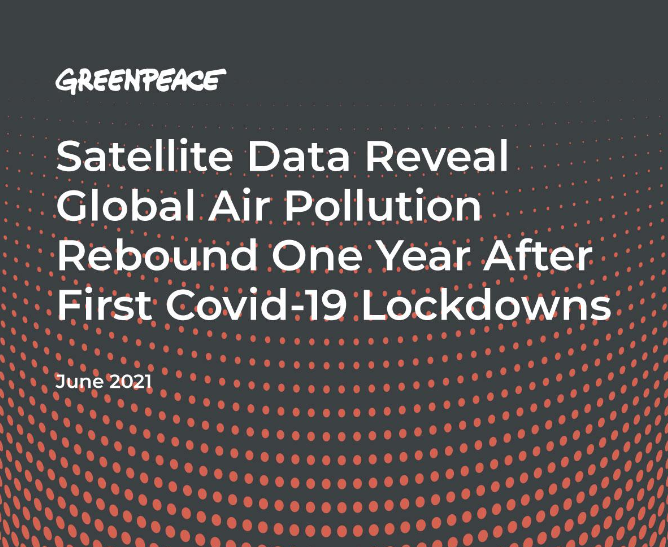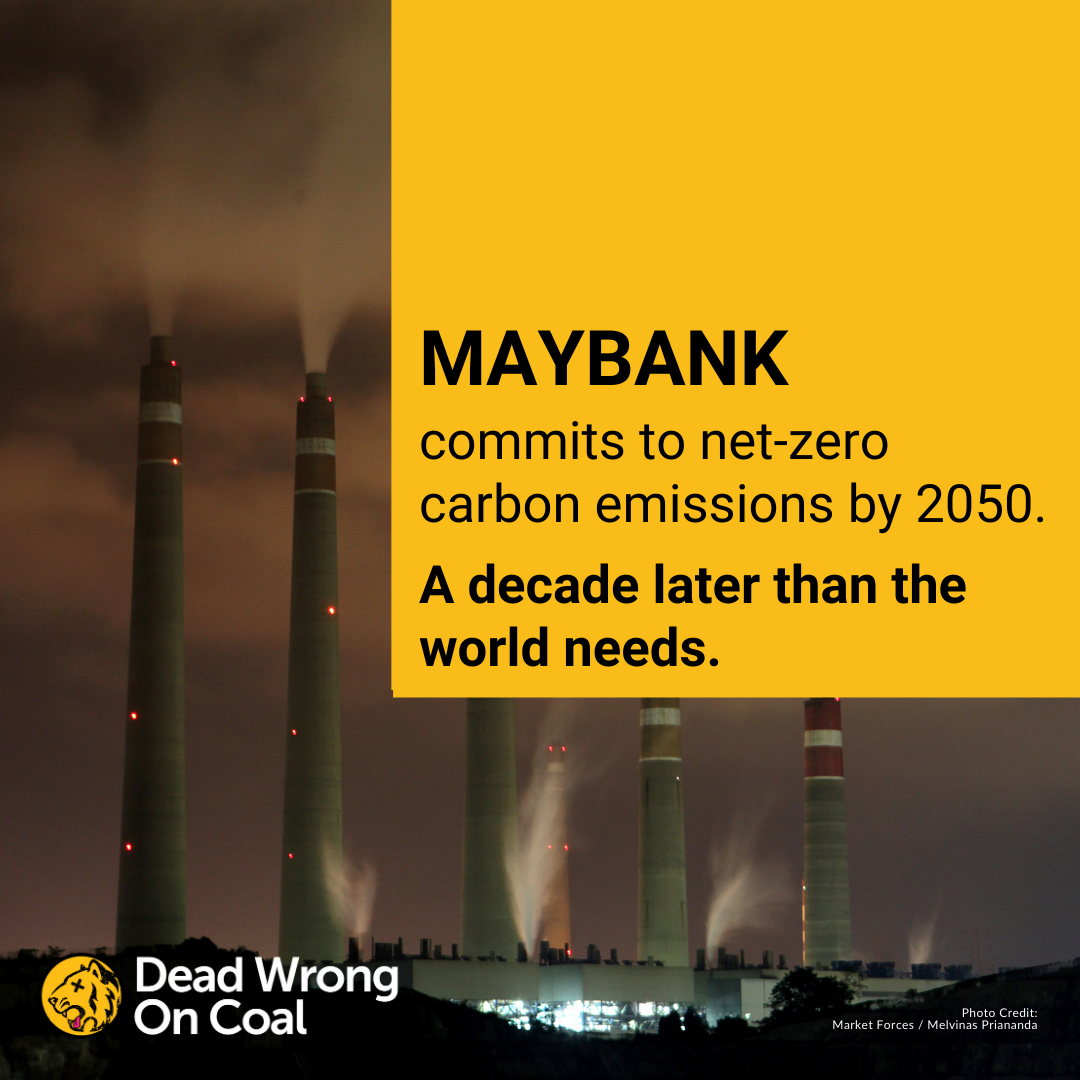All articles
-
PHSKLU Coalition welcomes Selangor Government’s decision to revoke degazettement of KLNFR
The Pertahankan Hutan Simpan Kuala Langat Utara (PHSKLU) Coalition welcomes decision to revoke the degazettement of the Kuala Langat North Forest Reserve (KLNFR), while urging the state government to promptly expedite the re-gazettement.
-
Selangor State Government must present the truth about the degazetted portion of Kuala Langat North Forest Reserve (KLNFR)
The Pertahankan Hutan Simpan Kuala Langat Utara (PHSKLU) Coalition demands that the Selangor State Government immediately revokes the degazettement the Kuala Langat North Forest Reserve and stops making false claims to justify its action.
-
Greenpeace Malaysia’s response to the Kuala Langat North Forest Reserve degazettement.
The people’s voice and opinion has once again been silenced, and the people blindsided by the Selangor state government’s questionable concealment and lack of communication and transparency on the decision to degazette KLNFR.
-
ALERT: Fraudulent promotional activities circulated about Lynas Campaign
False messages have been circulated with the malicious intent to portray Greenpeace Malaysia as paying out individuals to provide their support for the Stop Lynas campaign.
-
Greenpeace Malaysia’s response to PM Ismail Sabri’s announcement on new Cabinet ministers
Calls for the Malaysian Prime Minister Ismail Sabri Yaakob and the newly appointed Cabinet Ministers to implement a low-carbon economic stimulus in order to tackle unsustainable business practices.
-
IPCC report signals decisive moment for humanity: Urgent climate action needed
The IPCC has just further strengthened the connection between carbon emissions and worsening climate extremes, which means that if governments don’t dig deeper than their currently weak 2030 emission-cutting targets, humanity could lose.
-
Report proposes stronger ASEAN response to fight global waste dumping
Current legal and policy responses are not enough to stop the entry of illegal waste, and more importantly, are insufficient to protect the health of both people and the environment. ASEAN countries evidently need a unified and stronger response to waste trade.
-
Kenyataan Bersama Mendukung #HartalDoktorKontrak
Pertahankan Sistem Kesihatan Awam, Berhenti Mengancam Pekerja Kesihatan. Defend Public Healthcare, Stop Harassing Healthcare Workers.
-
Satellite images reveal global air pollution rebound 1 year after first Covid-19 lockdowns
Levels of toxic NO2 air pollution have rebounded in cities around the world one year after initial Covid-19 lockdowns went into effect.
-
Maybank committed to achieving net-zero emissions by 2050, a decade later than the world needs.
Maybank is the second bank in Malaysia to no longer finance new coal activities, even though they have not been as ambitious as their rival, CIMB, which last year committed to phase out coal from its portfolio by 2040.

